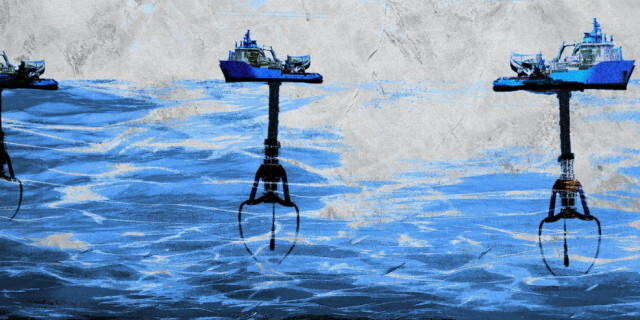
Canada is under increasing pressure to declare a moratorium on seabed mining just as federal leaders are set to host an international marine conservation summit.
More than 700 international scientists and a multitude of environmental organizations are calling on Canada to ban the search for deep-sea minerals in its own waters and show global leadership by joining a chorus of countries, such as France, Germany, Chile and Pacific Island nations, in calling for a mining ban in shared international waters. The country will host the fifth International Marine Protected Area Congress (IMPAC5) starting Friday in Vancouver.
Seabed mining is the hot-button political issue coming into the conference, said Susanna Fuller, a vice-president of Oceans North.
“It’s kind of the environmental decision of our time because it signals that we understand that [resource] exploitation, as we have done it in the past, is no longer acceptable.”
Exploring the deep ocean is akin to exploring space, and scientists are just beginning to grasp the rich variety of species and ecosystems and their importance to the globe and humans, Fuller said.
The largest ecosystem on earth, oceans cover more than 70 per cent of the planet, but only five per cent of that area has been explored and charted by humans. They also play a huge role in mitigating the climate crisis but face a host of human-caused problems, such as warming waters, increased acidification and various types of pollution.
“There’s a lot of stresses on our oceans, and the last thing they need is industrial mining to be happening,” Fuller said.
There’s a dearth of scientific information and baseline understanding on deep-sea species and ecosystems, Fuller said. Without that foundation, it’s impossible to understand the risks deep-sea mining could pose to the ocean environment, she said.
“We have an incomplete understanding and knowledge of the ecosystem and its connectedness to ocean health more broadly,” she said.
The science community is concerned deep-sea mining could result in the loss of unique and important species due to the destruction of their seafloor habitat even before they’ve been discovered.